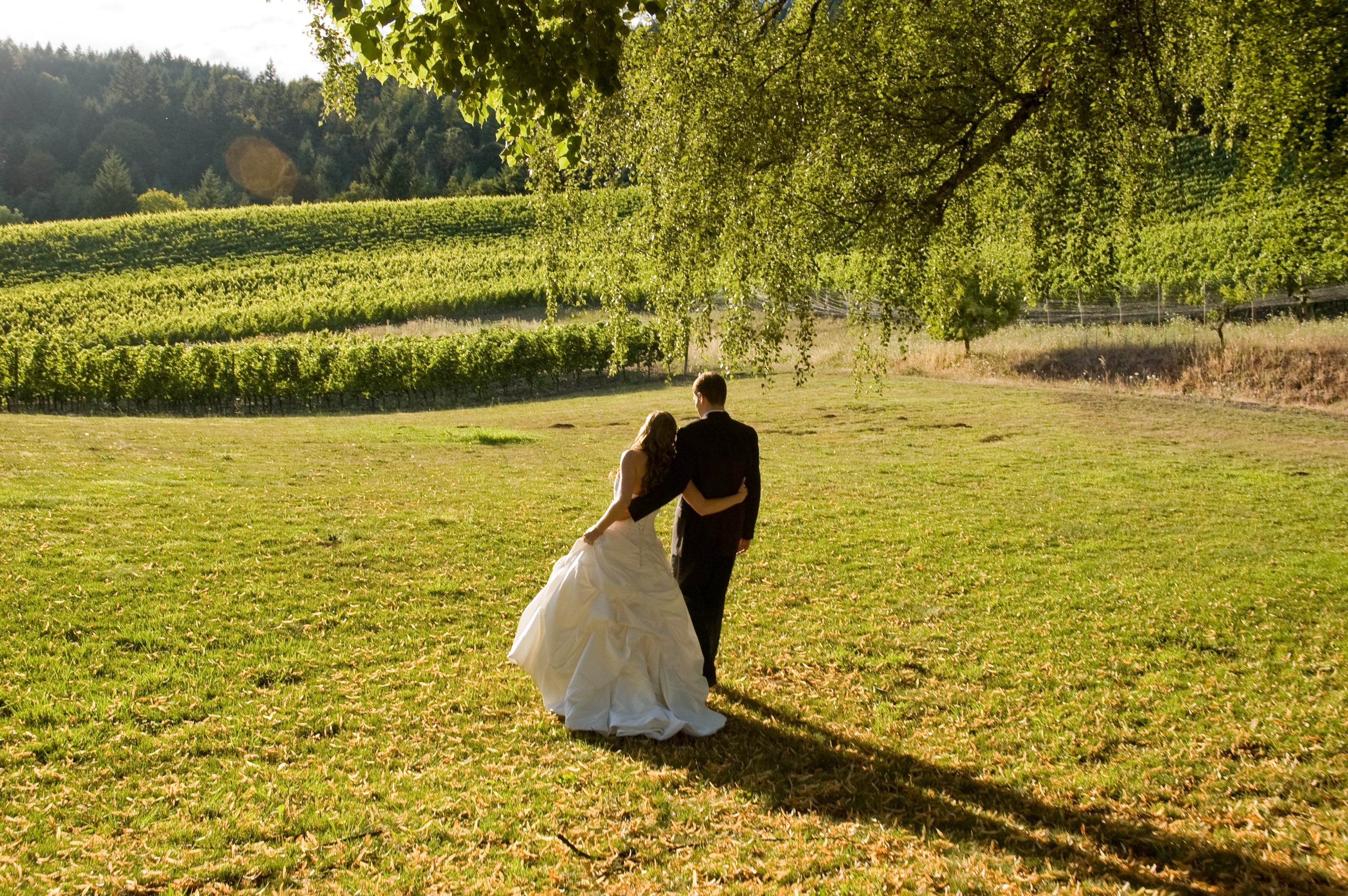
Most soon-to-be-brides will tell you that Pinterest and The Knot are two of the biggest websites they rely on to inspire and plan their weddings. Mixed into Pinterest photos of centerpieces, dresses and invitations are images of couples saying “I Do” on plantation grounds.
These locations are marketed as “rustic” venues oozing with “Southern charm,” while completely erasing the fact that Black people were once suffered and died on that very same soil.

The Knot Worldwide, which owns wedding resource hubs The Knot and WeddingWire, announced that they are reworking company guidelines to ensure wedding vendors won’t be able to glorify former plantations in their listings with terms like “elegant” or “charming.”
The Knot’s chief marketing officer Dhanusha Sivajee told BuzzFeed News that although plantation venues will still be able to list themselves on these sites, the new guidelines will ensure the painful history of slavery isn’t being romanticized. “We want to make sure we’re serving all our couples and that they don’t feel in any way discriminated against,” Sivajee said.
Pinterest is doing its part by restricting plantation wedding content on its website, and limiting autocomplete and search recommendations for anything related to plantation weddings. “Weddings should be a symbol of love and unity. Plantations are none of those things,” Pinterest said in a statement to Buzzfeed. “We are working to limit the distribution of this content and accounts across our platform, and continue to not accept advertisements for them.”
The shift comes after civil rights advocacy organization Color of Change sent letters to Pinterest and the Knot Worldwide urging them to discontinue the promotion of plantations altogether. While that exact solution did not come to fruition with The Knot, it did with other wedding platforms. Zola, another popular wedding planning website, will no longer list plantation venues at all. According to Associated Press, Martha Stewart Weddings reached out to Color of Change this week to “start a dialogue” on the issue.
“Black people don’t have happy memories of the antebellum period and plantations, where our ancestors were beaten and tortured,” Color Of Change Senior campaign director Jade Magnus Ogunnaike told The Washington Post. “It’s important the reality of what happened in these spaces is present, versus a romanticization of human rights abuses.”




